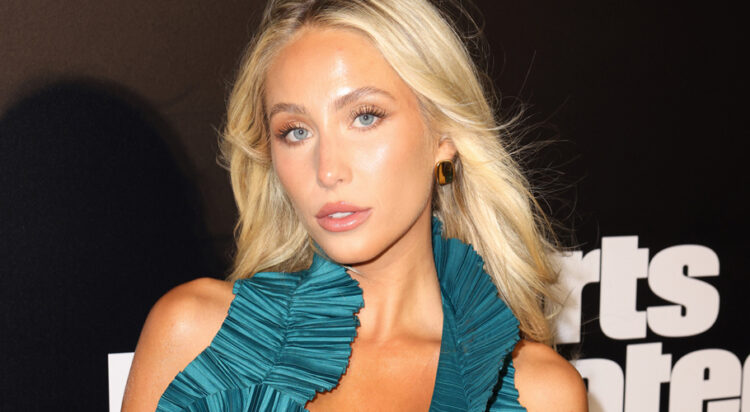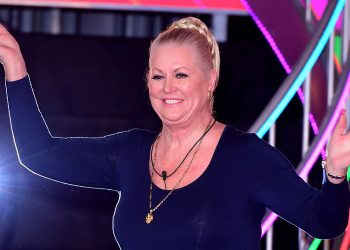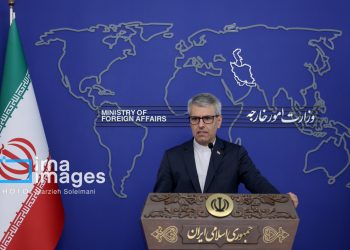Recently, Alix Earle, a prominent US social media influencer, made headlines with a heartfelt apology on TikTok for racist tweets she posted in 2014. The beauty guru, who boasts 7 million followers on TikTok and 3.7 million on Instagram, had faced renewed scrutiny when these old posts resurfaced.
In her video, Earle, known for her glamorous online presence, appeared in a minimal makeup look and a simple brown outfit. She took a direct and sincere approach in addressing her past mistakes. “I mishandled this situation,” Earle admitted, acknowledging that her previous comments were deeply inappropriate. She expressed remorse for the impact her words had on the Black community and asserted that these comments do not reflect her current views or manner of speaking.
Earle explained that her delay in issuing an apology was due to her apprehension about addressing the issue publicly. “Anyone can say ‘I’m sorry,’ but it’s about meaning it,” she said in her TikTok message. She also shared a detailed explanation on X (formerly Twitter), clarifying that she was only 13 years old when she made the offensive remarks and claimed she did not fully understand their impact at the time.
Reactions to Earle’s apology were mixed. Many followers praised her for the straightforwardness and sincerity of her response. “I respect her for owning up to it,” one fan commented, while another appreciated that she addressed the issue without theatrics. “Thanks for taking accountability,” read another supportive message.
However, some critics noted that Earle posted a hairstyling video just hours before her apology, questioning the timing of her response. Despite this, the general sentiment among fans was one of forgiveness, with many accepting her apology as a step toward making amends.
Earle’s situation mirrors other recent controversies involving celebrities and their past actions, such as Chrissy Teigen’s bullying of Courtney Stodden and Brooke Schofield’s resurfaced racist tweets. As public figures continue to navigate the complexities of accountability in the digital age, Earle’s apology highlights the ongoing conversation about personal growth and reconciliation.



































